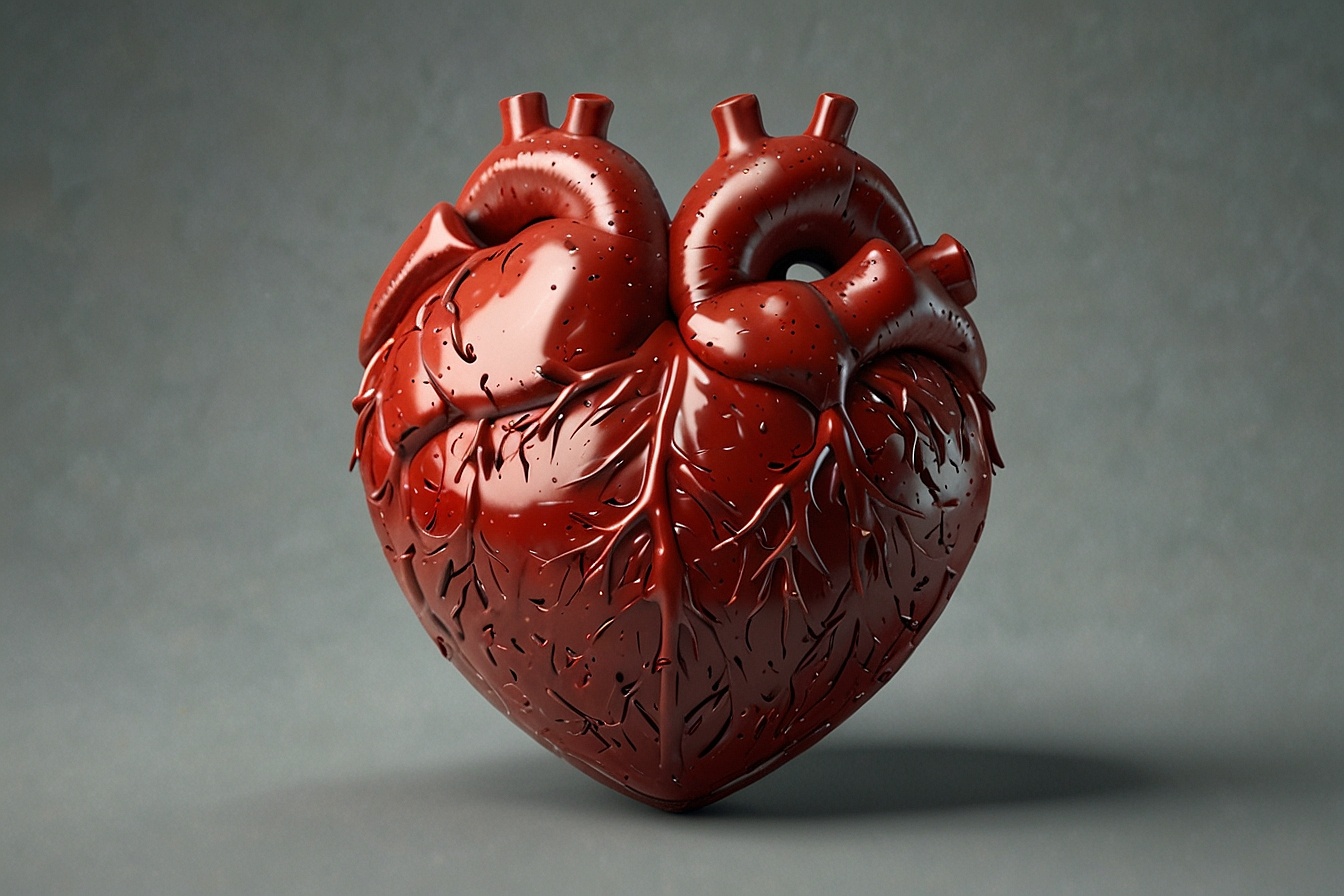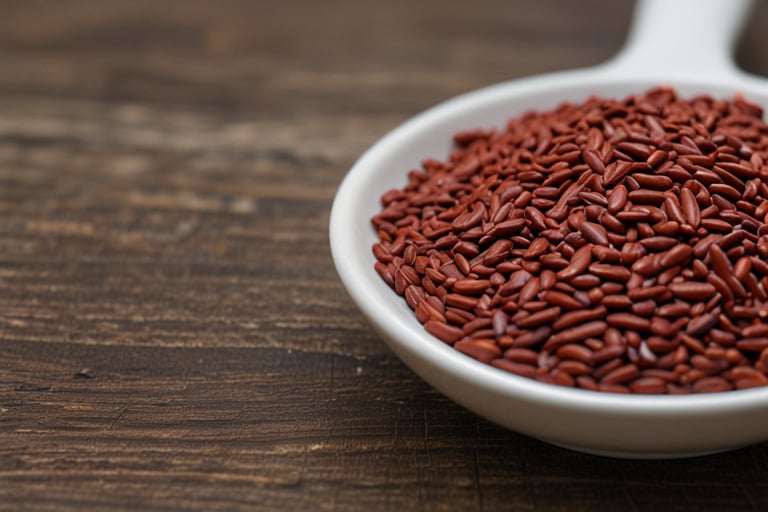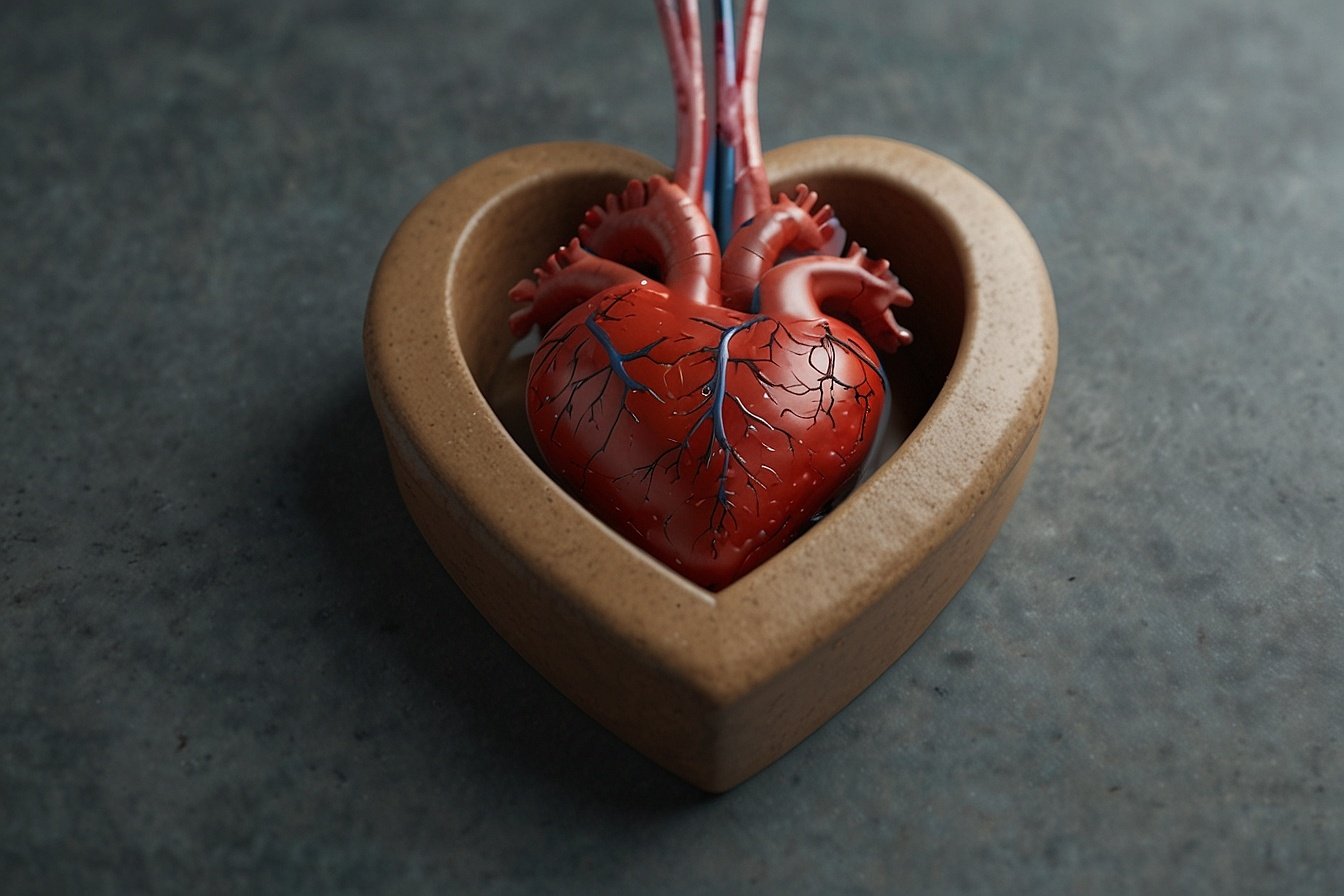At Cross County Cardiology, we’re dedicated to empowering patients to lead healthier lives through individualized care. One area where personalization truly matters is in blood pressure management. While general medical guidelines often set rigid targets, such as the well-known 120/80 mmHg, these goals may not be ideal—or even safe—for everyone. For some, a tailored approach to blood pressure control can significantly improve health outcomes and quality of life.












